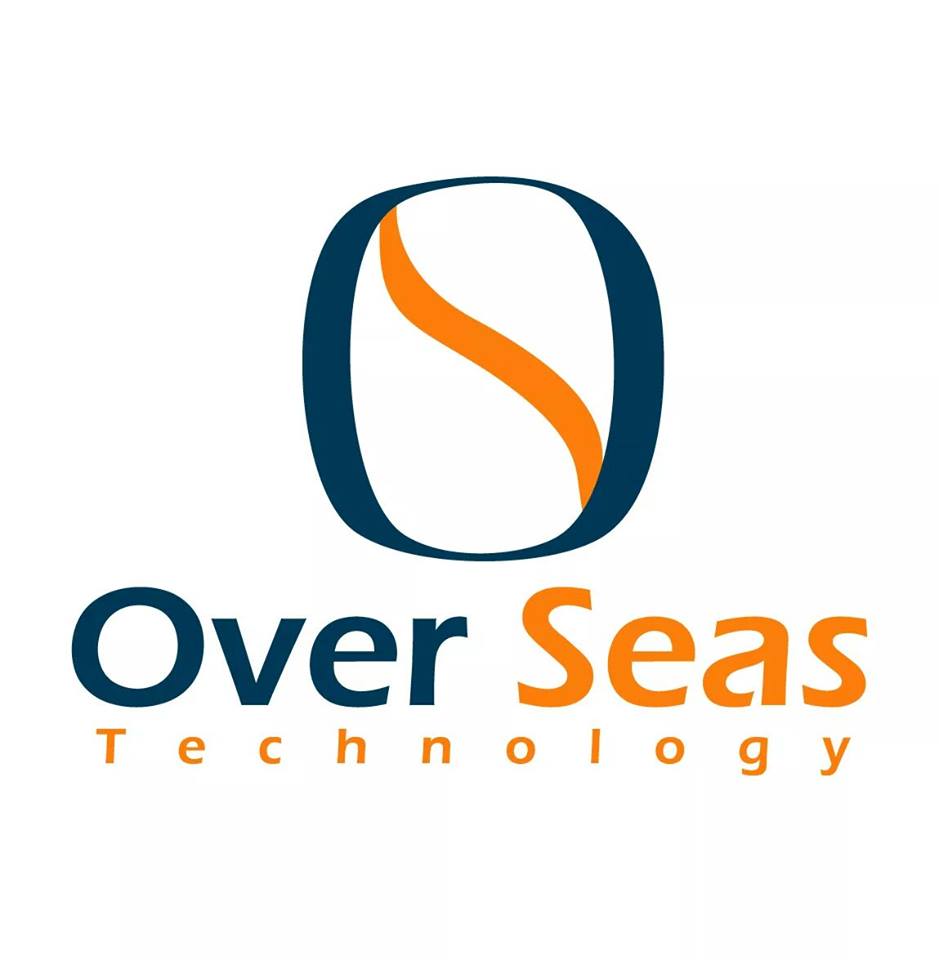Product cost data is a cornerstone to analyzing financial performance. Comprehensive and detailed cost answers provide the insights necessary to make decisions and thrive in all market conditions. From product design to manufacturing to customer profitability – and every step in between – product costing affects critical decisions that drive strategy and tactics. Having a modern product costing process means that you have the rules, tools, and data in place to calculate, simulate, and predict the costs associated with each thing you make.
Overseas enables costing programs with a robust platform to handle three areas: centralize your unique business rules, integrate and connect relevant data from existing systems, and calculate answers fast with our supercharged calculation engine. Overseas makes it possible for you to create a foundational set of cost data at each step of the value chain to get deeper insights into the root causes of costs and identify opportunities to increase profits.
- Overseas expands your product costing capabilities
- Define your costing methods: Calculate detailed product costs using any costing methodology: Standard Cost, Actual Cost, Target Cost, Should Cost, Forward-Looking Cost, Simulated Cost, or any hybrid approach
- Calculate and maintain multiple cost versions: Determine product costs for intermediate materials, work-in-process (WIP) items, finished goods, manufactured location, business division, or any other relevant dimension
- Centralize relevant cost data: Manage product master data, raw material price versions, BOM versions, process routings, work center rate versions, production plans, and more in one system
- Give context to cost data: Integrate product volume and mix data with unit costs to understand product costs at scale and calculate average or blended costs for machines, production lines, locations, divisions, channels, or other groups
- Simulate costs and analyze variances: Expand cost analysis with detailed cost simulations, and maintain multiple product cost versions to compare results and inform decisions
- Compares design options for feasibility and cost-effectiveness
- Cost simulation for different manufacturing technologies, materials, suppliers, and labor markets
- Value analysis
- Aid in procurement and make vs. buy parts decisions
- Cost targeting analysis
- Price targeting analysis
- Capital asset justification
- Cost-volume-profit analysis
- Breaks down annual costs, revenues, and cash flows
- Calculates internal rate of return, net present value, and payback periods
- Records and shares product cost information
- Collaboration tools across functions and suppliers
- Dynamic dashboards, real-time modeling, and reporting
- Cloud and on-premises options


